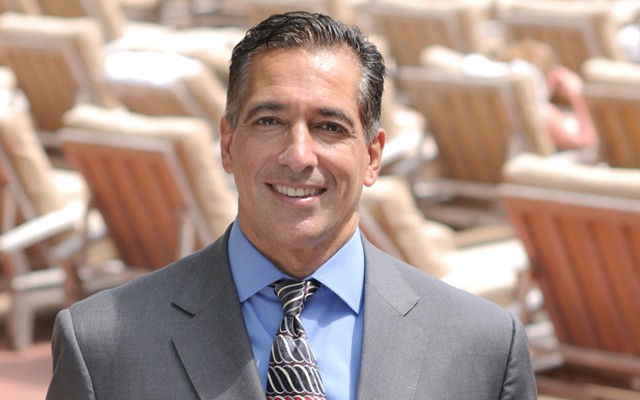Nothing exists in a vacuum. For better or worse, the choices we make, and the actions we take, create concentric reactions that can be felt — physically and energetically — throughout our own and others’ experiences.
Think about what happens when you get up on the wrong side of the bed. Your grumpy demeanor might affect your family members, who in turn leave the house feeling lousy and then wind up negatively affecting a few dozen others. Watching them go off in a huff might put you into an even blacker mood — which you then carry over to the office. Chances are good that both the quality of your work and your work relationships will suffer as a result. And you can imagine how the net effects of all this strife might well ruin other people’s day and cause them to wake up feeling less than terrific tomorrow.
It’s easy to see how the root cause of trouble in one area can manifest itself in more than one place. Take our bad-day example above. The low energy and crabby mood we woke up with might very well have had something to do with the overly restrictive diet we went on, which we may have started in an attempt to reverse the effects of eating too much junk food and not having gotten enough exercise these past few years. And why have we not been making healthy eating and exercise a priority in general? Maybe we’ve been too busy with work, or too overwhelmed by stress and — well, you get the idea.
The point is, it’s all connected, and the respect we show ourselves in one place translates into the results we have in another. When we tolerate a mess in one area of our lives, it suggests we are probably tolerating — and creating — messes in a variety of other areas, too.
Have you ever looked inside a car filled to the brim with garbage and thought:
“Wow, I bet the rest of that person’s life is in tiptop shape.” Of course not, because some part of us knows that the only way a car could get like that was if other aspects of the driver’s life were at least a little out of control. In fact, just getting into that car would make us feel overwhelmed and out of control.
The same is true in our lives, no matter how well hidden or private our own messes might be. It comes down to a cycle of respect — in our relationship with our own bodies, our surroundings, our relationships with others, in the ways we spend our time, and in our relationship with the planet itself.
If we don’t show conscious respect for the intricacies and balance of our own bodies and lives, after all, how likely are we to show real respect for the lakes, rivers, land and air, and for the lives of other living things? If we don’t respect the health of the environment, how can we expect to enjoy the good personal health that makes the rest of our experience possible?
Showing consistent respect for the people, places, ideas and things we most value supports the intricate connections on which our entire quality of life is based. So I encourage you to take this opportunity to ask yourself: What do I respect? Where am I showing — or tolerating — a lack of respect? Ask yourself, too, how demonstrating more care and respect for the connections that support you might empower you to give back more, and to enjoy more in return.
I hope this thought-provoking issue of Experience Life helps you feel more connected to all the things that let you enjoy life at your very best.



This Post Has 0 Comments